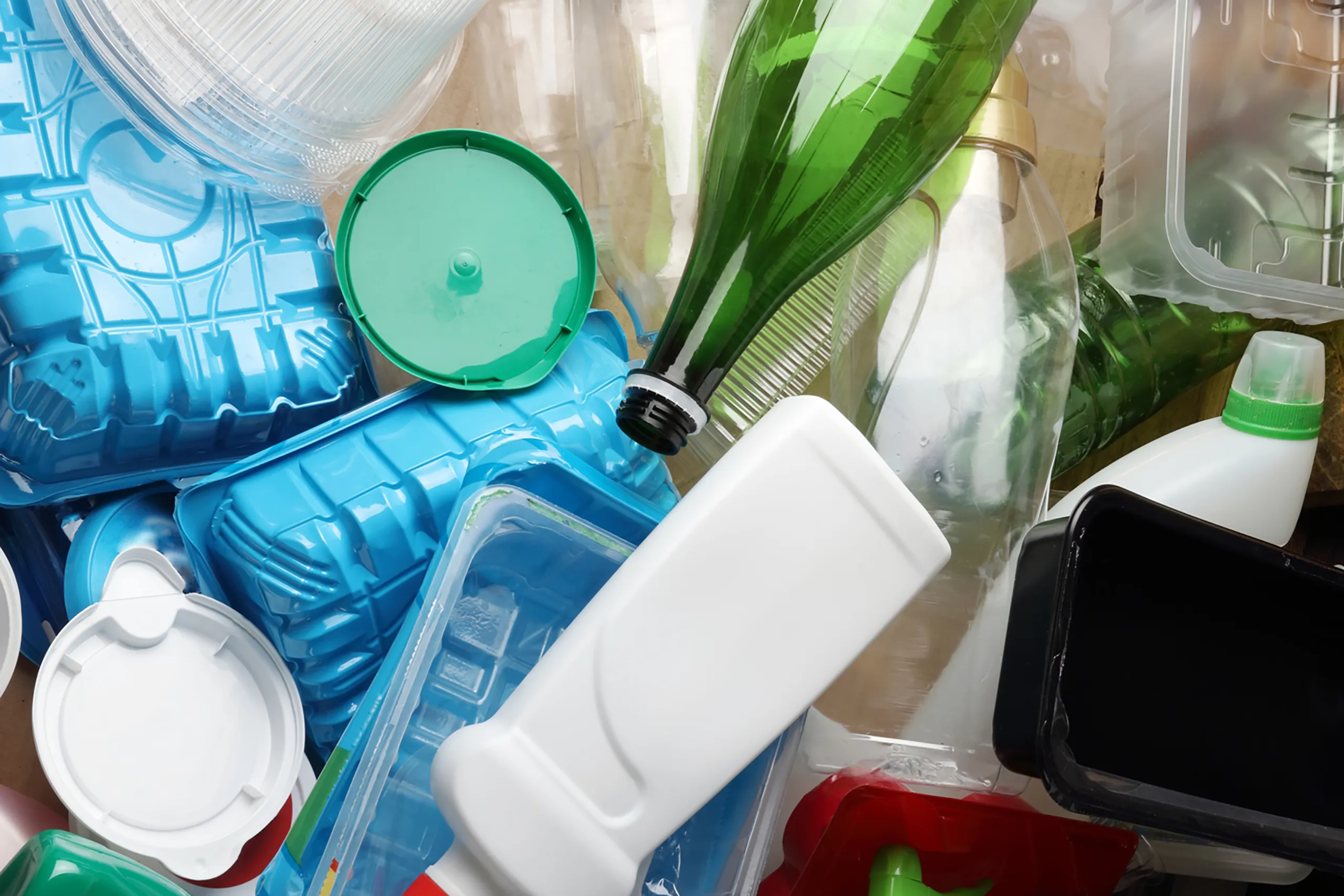Manufacturers have widely used plastic since the 1960s because it is low-cost and easy to produce. Today, people find it in everything from bags and toys to cups, furniture and even clothing. However, its widespread use comes at a cost. Plastic can take up to 500 years to decompose, contributing significantly to environmental pollution.
It’s inescapable and can even take 500 years to decompose. Plastic made today may not break down until your 20th great grandchildren are alive. We have already seen the environmental effect plastic has had. Plastic is flooding the oceans and harming animals that mistake it for food. Researchers are also discovering microplastics in new places every week.
Businesses are looking to embrace a more sustainable approach to their plastic consumption. They are becoming more conscious about the product they buy and the implications of the materials they use.
Maybe you don’t know where you should start. What’s the best way to cut recycle plastic out of your business and reduce waste?
We have 5 simple solutions that can help you start a plastic-free journey
- Book an audit
As with any step you take into sustainability, the best place to start is with a waste audit for your business. By conducting a waste audit, you can determine how effectively you currently recycle plastic waste and identify areas for improvement. Are you using too much plastic?
Is your recyclable plastic mixed with non-recyclable plastics? Is a company that aims for zero waste to landfill processing your plastic? By knowing these things, you can start to understand how your business can change. - Set yourself goals and create a waste management plan
Once you know what you need to fix, you can start to plan how to do so. Set goals for your company. Plan what you need to do to eliminate the use of non-recyclable plastics. Maybe you want to eliminate plastic use entirely. By creating a waste management plan, you will have a step-by-step solution to recycle plastic and meet your sustainability targets. - Customer single use plastics
Depending on your sector, your business may provide your customers with various plastic items or products. Ask yourself, “Does this need to be plastic?” If the answer is no, why not switch to something more sustainable? For certain single-plastics, it’s already commonplace to provide a more eco-friendly version. As you can see, with the shift towards paper straws in recent years. Bags, utensils, gloves, cups – if you’re providing plastic versions of these to customers, maybe think about making the change. This can also apply to employees within the workplace. If your office has a water cooler, change to paper cups. Having an office party? Don’t use one-use plastic plates, cups and cutlery. By minimising how much plastic people have access too, your plastic waste production will start to decrease. Know your plastics. - Recycling your plastics isn’t the same as recycling food wasteNot all plastic is recyclable, so it’s important to identify which items are recyclable and which are disposable to manage your plastic effectively.
Recyclable plastics:
✅ PET (Polyethylene Terephthalate): Used for drink bottles, sauce bottles and certain plastic bags.
✅ HDPE (High-Density Polyethylene): Common in containers and also found in cutting boards, outdoor furniture, and piping.
✅ LDPE (Low-Density Polyethylene): A flexible plastic often used for squeeze bottles, as well as parts in electronic devices and lab equipment.Challenging to recycle:
❌ PP (Polypropylene): Can be recycled but is more difficult to process.
It also loses its strength and flexible properties after going through the recycling process.
❌ Polystyrene (unless it’s expanded polystyrene) cannot be recycled due to the cost being incredibly high.
❌ PVC also cannot be recycled. The process to do can expose people to a toxic substance found within PVC, known as Nonylphenol.
Make sure your recyclable plastics are sorted accordingly, and not contaminated before collection. For non-recyclable plastics, see how you can reduce your usage or eliminate them entirely.
- Use a reliable partner
You should now know what you need to do on your side of the recycling operation.You should learn which plastics you can and can’t recycle, avoid creating certain types of waste and understand the harm caused by incorrect recycling. Now you need to make sure the people in charge of collecting and processing your waste are capable of meeting your needs.Are PP plastics unavoidable for your business? Make sure you work with someone who invests in PP recycling.It’s paying attention to details such as this that can provide the best outcome for the environment. So, if you’re struggling to find the right people to work with, get in touch with us. Not only can we perform a free waste audit for you, but we can provide a tailored waste management solution to guarantee you hit your sustainability targets. Partnering with a reliable waste management company ensures that you recycle plastic waste efficiently and meet your sustainability goals.
